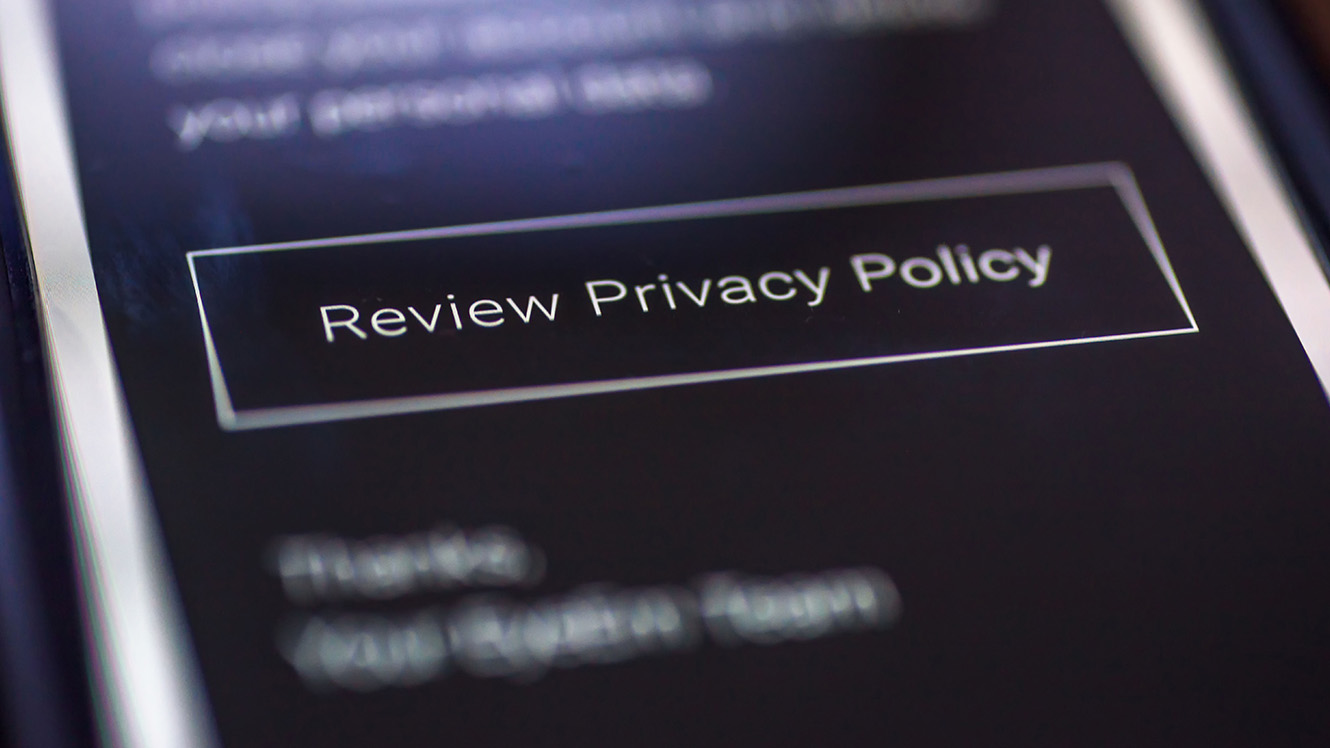Importance of Privacy Policies for Businesses
In the digital landscape we live in today, where personal data is constantly being collected and used, privacy has become a significant concern for individuals. As a result, businesses and organizations must take the necessary steps to protect the sensitive information of their customers and website visitors. A crucial aspect of this protection is a clear and comprehensive Privacy Policy.
A Privacy Policy is a legal document that outlines how a company collects, uses, and protects the personal information it gathers from its users. It can include data such as names, email addresses, phone numbers, and browsing habits. By having a Privacy Policy, businesses can establish trust with their audience, demonstrating a commitment to safeguarding their customers’ privacy.
Privacy Policy agreements are required by law if you’re collecting data that can be used to identify an individual. Various privacy regulations, such as the General Data Protection Regulation (GDPR) in the European Union, mandate that businesses have a Privacy Policy in place. Failure to comply with these regulations can result in significant penalties and damage a company’s reputation.
Legal Requirements for Privacy Policies
To ensure compliance with privacy laws and regulations, it is important to understand the legal requirements for Privacy Policies. While the specific requirements may vary depending on the jurisdiction and industry, some common elements should be included in every Privacy Policy.
First, the Privacy Policy should clearly state the types of personal information that will be collected from users. This includes names, email addresses, mailing addresses, payment information, and other relevant data. Additionally, it is important to outline the purpose for which the data is being collected and how it will be used. This can include order fulfillment, customer support, and marketing communications.
Furthermore, the Privacy Policy should address how the collected data will be stored and protected. It is crucial to outline the security measures in place to ensure the confidentiality and integrity of the information. This can include encryption, firewalls, and regular security audits. Additionally, if the data is shared with third parties such as email marketing platforms and data tracking services like Google Analytics, the Privacy Policy should clearly state this and provide details on how these parties will use the data.
Lastly, the Privacy Policy should inform users of their rights regarding their personal information. This can include the right to access, correct, or delete their data, as well as the right to opt out of certain data collection practices. By providing users with these rights, businesses can demonstrate their commitment to transparency and empower individuals to control their own data.
Benefits of Having a Privacy Policy
Having a Privacy Policy offers several benefits for businesses. Here are some key advantages:
- Builds Trust: A Privacy Policy demonstrates that you value the privacy of your users and are committed to protecting their personal information. This builds trust and confidence in your brand.
- Legal Compliance: By having a Privacy Policy in place, you can ensure compliance with privacy laws and regulations, avoiding potential penalties and damage to your reputation.
- Enhances Transparency: A Privacy Policy provides transparency about your data collection practices, giving users a clear understanding of how their personal information will be used and protected.
- Risk Mitigation: A well-drafted Privacy Policy can help mitigate the risk of data breaches and unauthorized access to personal information. By implementing the security measures outlined in your Privacy Policy, you can protect against potential threats.
- Differentiates Your Business: Having a Privacy Policy sets your business apart from competitors who may not have one. It demonstrates your professionalism and commitment to protecting your users’ privacy.
- Improves Customer Relationships: When users feel confident that their personal information is being handled responsibly, they are likelier to engage with your business and become loyal customers.
Privacy Policy Vs. Cookie Policy
While the Privacy Policy and Cookie Policy deal with user data, they serve different purposes and are used differently.
A Privacy Policy is a comprehensive document that outlines all aspects of data handling. It includes all types of data collected, not just cookies.
On the other hand, a Cookie Policy is more specific. It informs users about the use of cookies on a website. Cookies are small bits of data stored on a user’s device that track and save their preferences. The Cookie Policy explains what cookies are, why they are used, what type of cookies are used, and how users can control them.
Why You Need Both
Privacy and Cookie policies are legal requirements under specific data protection laws. GDPR, for instance, requires businesses to obtain explicit consent from users before using cookies. Therefore, having both on your website ensures you comply with these laws.
Moreover, having both a Privacy Policy and a Cookie Policy enhances transparency and trust with your users. It assures them that you take their privacy seriously, which can lead to better engagement and loyalty.
In conclusion, if you own a website or run a business online, it is highly recommended, if not mandatory, to have both a Privacy Policy and a Cookie Policy. They not only help you abide by the law but also foster trust and transparency, which are crucial for the success of any business in the digital age.
Remember, every business is unique, as are its Privacy Policy and Cookie Policy. It’s recommended to consult with a legal expert to ensure that your policies are compliant with all the relevant laws and regulations.
Protecting your users’ privacy is not just about compliance; it’s about respecting your users’ rights in the digital world.
The Dangers of Copying a Privacy Policy from Another Website
While it may seem like an easy solution to copy and paste a Privacy Policy from another website, especially one that appears well-drafted, it’s important to understand that this is not a recommended practice. Here’s why:
- Unique Business Practices: Every business is unique, with its specific ways of collecting, handling, and processing user data. A Privacy Policy should reflect these unique practices. When you copy a Privacy Policy from another website, you adopt their data handling practices, which may not align with yours.
- Legal Consequences: Copying a Privacy Policy can lead to legal issues. You can be held legally accountable if your Privacy Policy states practices you don’t follow (because it was copied). This can result in heavy fines, penalties, and damage to your business reputation.
- Inaccurate Information: A copied Privacy Policy might contain information that is not relevant to your website or business, or it might miss out on crucial information that should be included. This can lead to a lack of transparency and even legal issues if you need to provide necessary disclosures.
- Plagiarism: Like any other written content, copying a Privacy Policy could be considered plagiarism, which is illegal and unethical. Creating original content that accurately reflects your business practices is always best.
- Incompatibility with Local Laws: Privacy laws vary significantly by region. For example, the EU requirements under GDPR differ from those in the US under CCPA. Suppose you copy a Privacy Policy from a website that’s under a different jurisdiction. In that case, you may be non-compliant with your local privacy laws.
Benefits of Using Policy Generators
For those who are not legal experts, this process can seem daunting. This is where policy generators like come in handy. Here are the benefits of using such tools:
- Simplicity and Ease of Use: Policy generators are easy to use and require no legal expertise. You simply provide basic information about your business, and the generator creates a policy for you.
- Time-Saving: Drafting a Privacy Policy from scratch can take a significant amount of time, especially if you’re not familiar with legal jargon and requirements. A policy generator can produce a policy in minutes, saving you time.
- Cost-Effective: Hiring a lawyer to draft a Privacy Policy can be expensive. Policy generators often provide a more affordable alternative. While some charge a small fee, others are free to use.
- Customizability: Many policy generators allow you to customize the generated policies to suit your business needs. You can usually add or remove sections as needed.
- Compliance with Standard Regulations: Policy generators like GetTerms ensure that the generated policies comply with standard regulations like GDPR, CCPA, etc. They stay updated with changes in these laws and update their generators accordingly.
However, while policy generators provide a great starting point, they might only cover some of the specificities of your business, especially if your business model is unique or complex.
Therefore, it’s recommended to have a lawyer review the generated policy to ensure it covers all bases and is compliant with all relevant laws and regulations. It’s also important to regularly review and update your policies to reflect any changes in your data handling practices or in the law.
Remember, a Privacy Policy is a legal document that protects both your business and your users. It’s worth the time and effort to ensure it’s done right.


